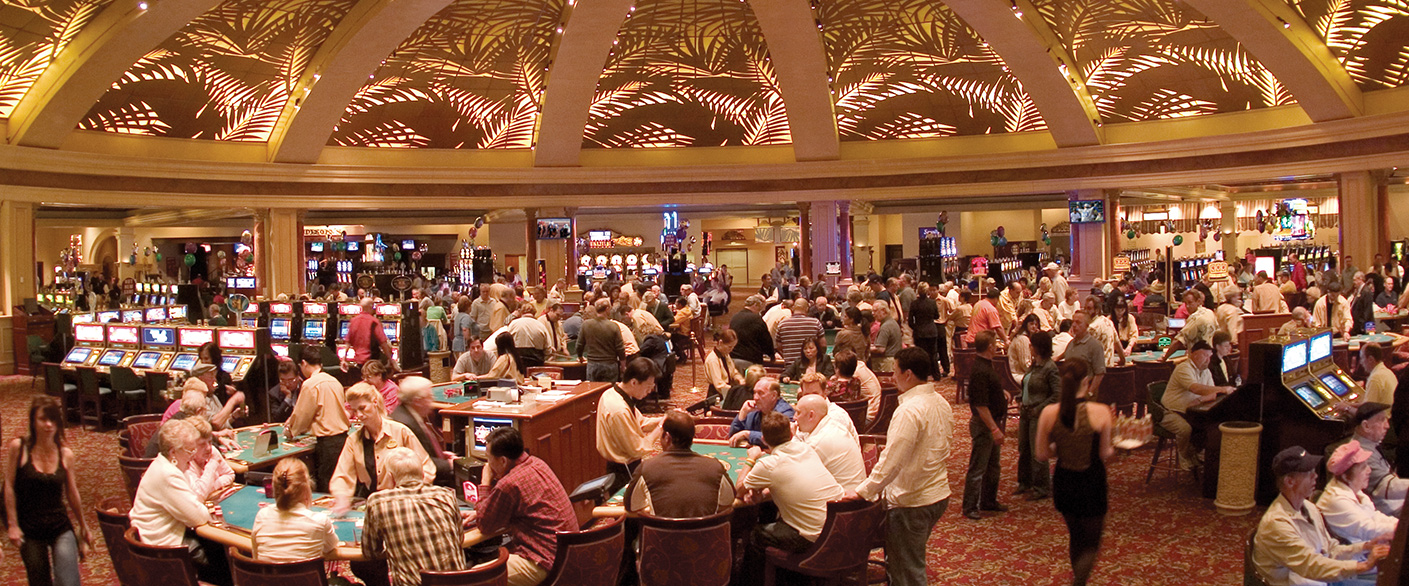
Casino games have fascinated gamblers for decades, pulling them into a universe of adventure, luck, and prosperity. From the flashing lights of gambling machines to the strategic action of card tables, these activities offer a distinct mixture of amusement and risk. However, underneath the surface of this sparkle and style lies a sophisticated connection of calculations that influences every conclusion and choice made within the gambling establishment.
Understanding this link between gaming activities and numerical principles not only boosts the playing experience but also can help participants make informed selections. Whether you are a recreational player or a dedicated fan, recognizing the mathematical principles at play can give valuable knowledge into chances, probabilities, and approaches, finally shaping how one tackles these chance games.
Statistical Probability in Gambling
In the world of gambling activities, mathematical likelihood plays a crucial role in determining results and guiding gambler choices. Every game has a unique set of regulations and a particular probability framework that affects its dynamics. For example, in games like the roulette wheel, players must understand the probabilities of hitting a specific digit or color. The probability of certain occurrences occurring can be assessed, and this knowledge can significantly influence wagering tactics.
Gambers also need to be informed of the casino edge, which is the statistical advantage that casinos hold over players in the long term. This edge differs across different activities. In blackjack, expert players can use strategies to lower the house advantage to as little as one percent, while in games like slot machines, the casino edge can be significantly greater. Comprehending the casino advantage allows players to make wise decisions about which activities to participate in and the amount to wager.
Additionally, likelihood is fundamental in the concept of risk versus reward in gambling. Each bet carries a particular danger level, and players must evaluate the potential payout against that danger. Activities like poker require players to not only assess the odds of their own hand winning but also to assess the likelihoods of their rivals’ hands. By applying mathematical concepts to their strategy, gamblers can enhance their chances of success and engage more effectively in the thrilling realm of gambling activities.
Expected Value in Casino Games
When discussing casino activities, one of the fundamental ideas rooted in math is the anticipated value. This statistical metric helps players understand the possible outcomes of their wagers over a period. In simple terms, expected worth (EV) calculates the average amount a gambler can anticipate to win or lose per wager if they were to play the activity many times. Each activity has its own EV, affected by the odds and the casino advantage, which indicates the advantage that the gambling establishment holds.
For instance, consider a game like roulette. The expected worth can be derived based on the specific bet made. If a player bets on a individual number, the return is 35 to 1, but the true chances of success that bet are 1 in 37 (in Euro roulette). This leads in a detrimental expected worth, showing that, on average, players will lose money over time when playing this type of wager. Understanding this idea allows players to make better educated choices about which games and bets may be more favorable.
Additionally, the exploration of anticipated worth can lead to better money management. Players who comprehend the math behind their activities are often able to set realistic expectations. By acknowledging their potential losses and gains, they can adjust their gambling strategies accordingly, which may improve their overall gaming experience overall. As a result, anticipated value serves as a crucial tool for both novice and experienced gamblers to navigate the frequently volatile character of gambling games.
Approaches and Probabilities: The Arithmetic Behind Winning
In gaming establishments, understanding the odds is vital for gamblers attempting to enhance their opportunities of success. Each activity has its own unique set of chances that determine successful performances, and these numbers are often found in the game’s rules or payout tables. For example, in activities like 21, participants can enhance their chances through methods such as card counting, which is based on mathematical principles to gain an edge over the casino. KO66 By educating themselves with the chances, participants can make more knowledgeable choices on when to wager and when to fold.
Moreover, the principle of average value has a critical function in gambling strategies. Average outcome calculates the average outcome of a wager over the long run, allowing participants to assess whether a particular wager is justifiable taking. For instance, fruit machines have a specific return percentage, which can suggest the expected return a gambler can look for on their bets. By selecting activities with better average outcomes, participants can minimize the house advantage, boosting their future winnings in the over time.
In conclusion, successful gamblers often employ a blend of chance and mathematical strategy to enhance their gaming experience. While luck can’t be controlled, managing a wagering approach based on math insights can lead to more favorable outcomes. By utilizing techniques such as money management and choosing games, gamblers can utilize math to maneuver through the volatile nature of gambling activities, making the most of their time and money at the casino.